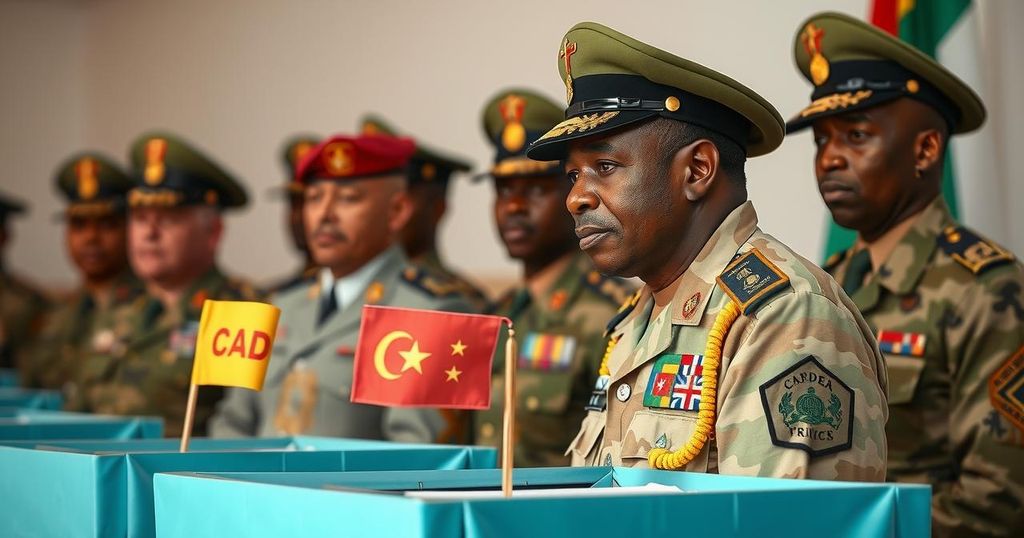Chad Elections Mark Attempt to End Three Years of Military Rule

Chad voted in a general election aimed at ending military rule, but turnout was low due to an opposition boycott, with early figures reporting only 38 percent participation.
Chad conducted a general election on Sunday, heralded by the ruling government as a pivotal move toward transitioning away from military governance. However, voter turnout was anticipated to be significantly low, with opposition groups advocating a boycott of the election. Early reports from the national elections management agency, ANGE, indicated that approximately 38 percent of eligible voters participated in selecting representatives for a new parliament, regional assemblies, and local councils.
The political scene in Chad has been tumultuous, marked by three years of military rule following the death of longtime leader Idriss Déby. The military transitional government has faced criticism for suppressing dissent and opposition, making this election a crucial moment for restoring a semblance of democratic governance. The call for a boycott by the opposition parties reflects their lack of confidence in the electoral process and concerns regarding fairness and transparency.
In summary, while the general election in Chad has been positioned as a significant step toward ending military rule, low voter turnout and an opposition-led boycott raise questions about its legitimacy and the future of democratic processes in the nation. The outcome of this election could be pivotal in shaping the political landscape of Chad in the years to come.
Original Source: www.caledonianrecord.com








